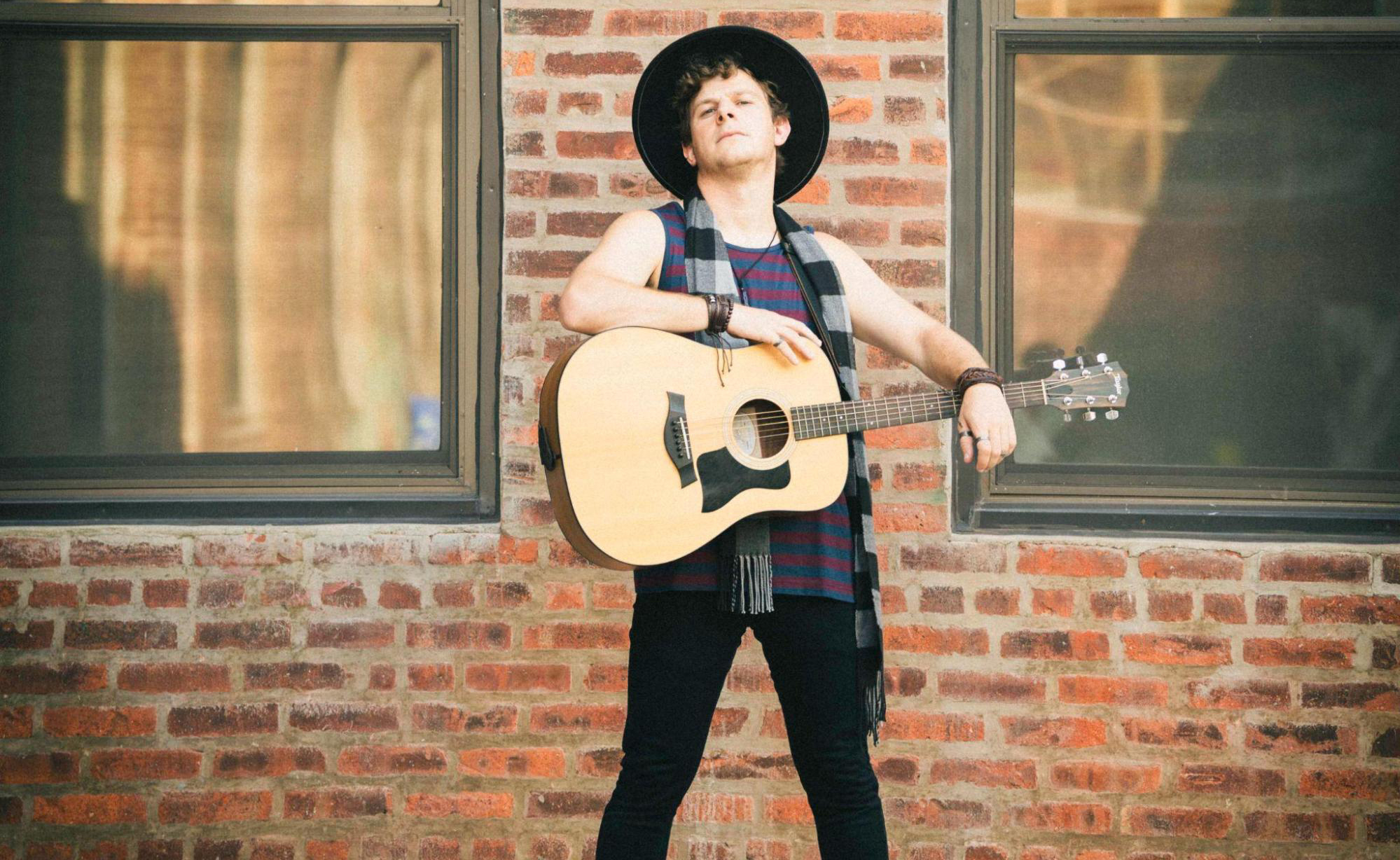Music
5 Years of “TRAPSOUL”: Has Bryson Tiller’s Debut Aged Well?
23 Sep, 20

Bryson TillerBryson Tiller in concert at The Joint at Hard Rock Hotel, Las Vegas, USA
Photo by Mediapunch/Shutterstock
If we’ve learned one thing about Bryson Tiller over the last five years, it’s that he is a heartfelt person.
“Every day I prayed that this music thing would work so I could give you the life I feel like you deserve,” he wrote in one of the many Instagram captions dedicated to his eldest daughter. The singer, who recently welcomed another baby girl with his longtime partner Kendra Bailey, praises his children so often on social media that his two daughters have become as synonymous with Tiller’s identity as the somber R&B he curates.
“Still in awe, she’s really here and i [sic] can’t stop kissing her face,” he wrote on Instagram when his second daughter was born.
It’s this candid vulnerability that gives Tiller’s distinctive R&B hybrid so much weight. On T R A P S O U L–the Louisville singer’s cherished, triple-platinum debut, which will garner a deluxe re-release this Friday for its 5 year anniversary–Tiller served as the R&B everyman. His breakthrough was the result of a coming-up story as old as time. He emerged from the shadows of Soundcloud, his raw talent garnering millions of streams and eventually an RCA record deal–also securing Apple Music as a designated hypeman.
Tiller’s sound was perfect for the moment, a moody lo-fi blend of soul music that so clearly built upon Drake’s thriving aesthetic without being imitative (he passed on a lucrative OVO record deal in 2015). But while Drake pleaded for companionship and The Weeknd indulged in drug-induced sexual depravity, Tiller’s vibe fell somewhere in between. He was an inherently good person who strived to right his wrongs and learn from his mistakes, even if that resulted in never getting what he wanted.
Bryson Tiller – Sorry Not Sorrywww.youtube.com
Musically, T R A P S O U L thrived on its inventive amalgamations. “Exchange” featured a sample of “Swing My Way” by K.P. and Envyi. “For However Long” sampled Jodeci, “Don’t” featured a lyric interloping of “Shake It Off” by Mariah Carey, “Been That Way” made Juvenile’s “Back That Thang Up” sound fervent and soulful, and “Sorry Not Sorry” even sampled the glitchy soundtrack from Street Fighter II: The World Warrior. Tiller, along with the talented producers at the helm, helped T R A P S O U L cater to traditionalists and newcomers alike.
Meanwhile, Tiller’s blunt songwriting inspired a whole new generation of crooners like 6lack, Tory Lanez, Ella Mai, and Brent Faiyaz. Such a compelling impact on contemporary R&B wouldn’t be possible if Bryson Tiller’s music and identity were inauthentic.
The album served as a soundtrack to the well-intentioned works in progress– not so much a “how-to” guide as a prolonged moment of reflection. On “Open Interlude,” It sounds like Tiller is alone in his room, screaming at the wall, reciting the things he should have said to his partner but might never be able to. “You don’t know how much you help me grow,” he sings empathically. “Baby, I’ve been suffering,’ does that mean nothing? It’s gotta mean something.”
“Don’t play with her, don’t be dishonest,” Tiller sings to himself over the chopped and screwed plodding of “Don’t.” “Still not understanding this logic.” He is quick to critique his actions and indulge in slightly toxic pettiness to mask his insecurities. “I am on a whole ‘nother level,” he sings but a few bars later. “Girl he only f*cked you over ’cause you let him.”
On “Exchange” he makes a similar plea for forgiveness, imploring God above to “please save her for me, do this one favor for me,” despite his “player ways.” He views love as transactional (“just give me all of you in exchange for me”) and doesn’t yet have enough distance from his heartbreak to fully understand the weight of his mistakes. Tiller is licking his wounds, and it’s all so dramatic; but when our hearts ache, don’t we all do and say corny things at one point or another, only to reflect back and say, “Wow, I was such an a**hole?”

After T R A P S O U L‘s success, Tiller fell into a dark spell and began listening more to critics of his music than fans. “I’m my biggest hater and my worst critic,” Tiller told Westwood TV. “I don’t wanna be putting music out that be making people mad or whatever.”
Tiller later admitted that his lackluster sophomore effort, True to Self, was made in a depressive state, a mindset he says directly contributed to its tepid critical and commercial response. True to Self was oversaturated with melancholy. “I can’t do what a man should be doing for you,” he says on “We Both Know.” “I don’t expect you to settle for me.”
But on his latest single, “Always Forever,” the cover art features a smiling Bryson Tiller and once again portrays an artist who lives in the moment. “Overloaded, on all the memories and all the moments,” he sings with urgency. “When I look back to them, it’s hard to focus.”
Bryson Tiller’s superpower has always been transparency, and his music offers in medias res insight into his experiences and relationships, even if his feelings change later on. His sentiments remain timeless as a result, and is why T R A P S O U L provided such an emotional catharsis for so many people.
T R A P S O U L
- Why Is Wale So Insecure? – Popdust ›
- DJ Khaled, Rihanna, and Bryson Tiller’s “Wild Thoughts” – Popdust ›
- Bryson Tiller Is Done with Drama on “A N N I V E R S A R Y” – Popdust ›













